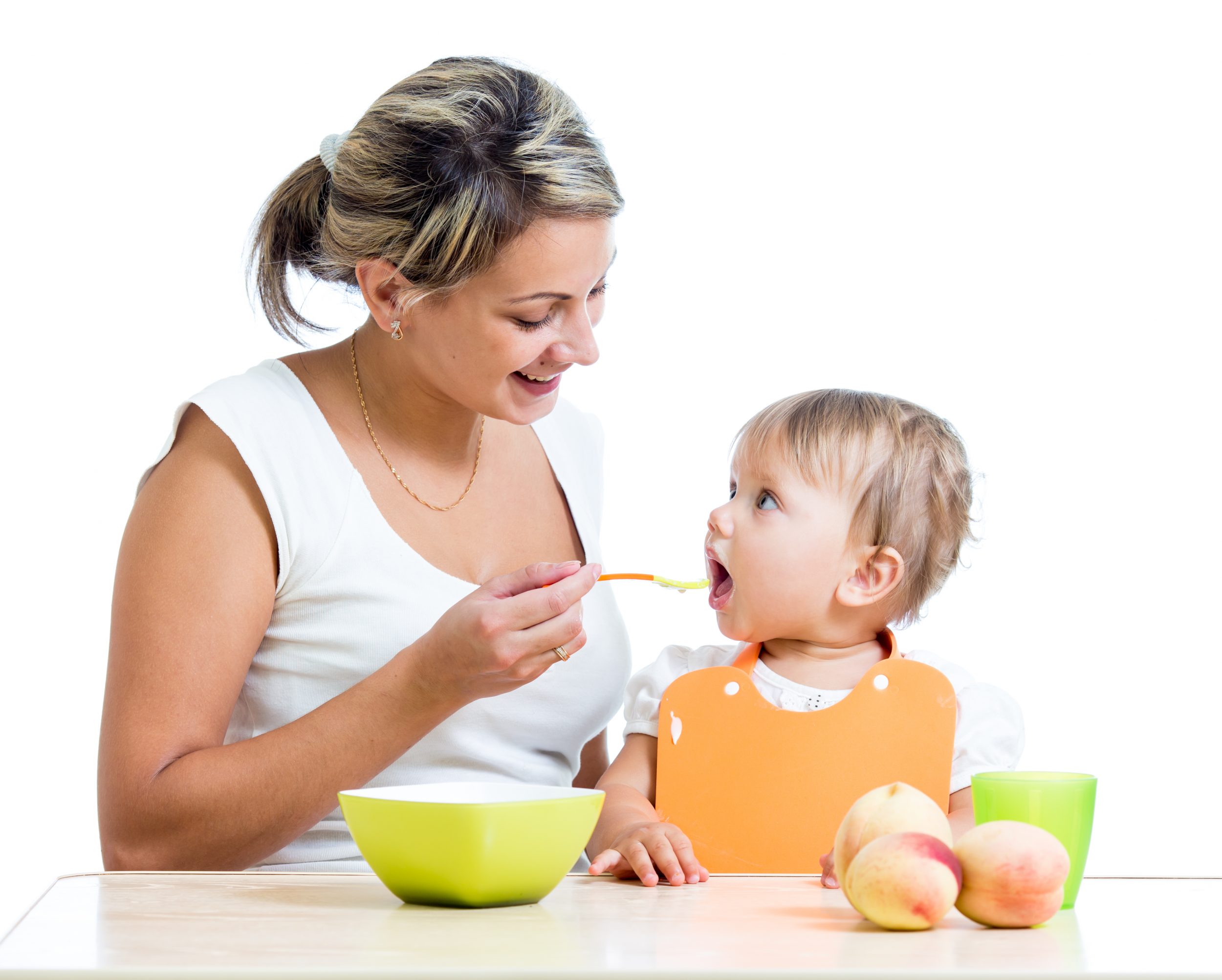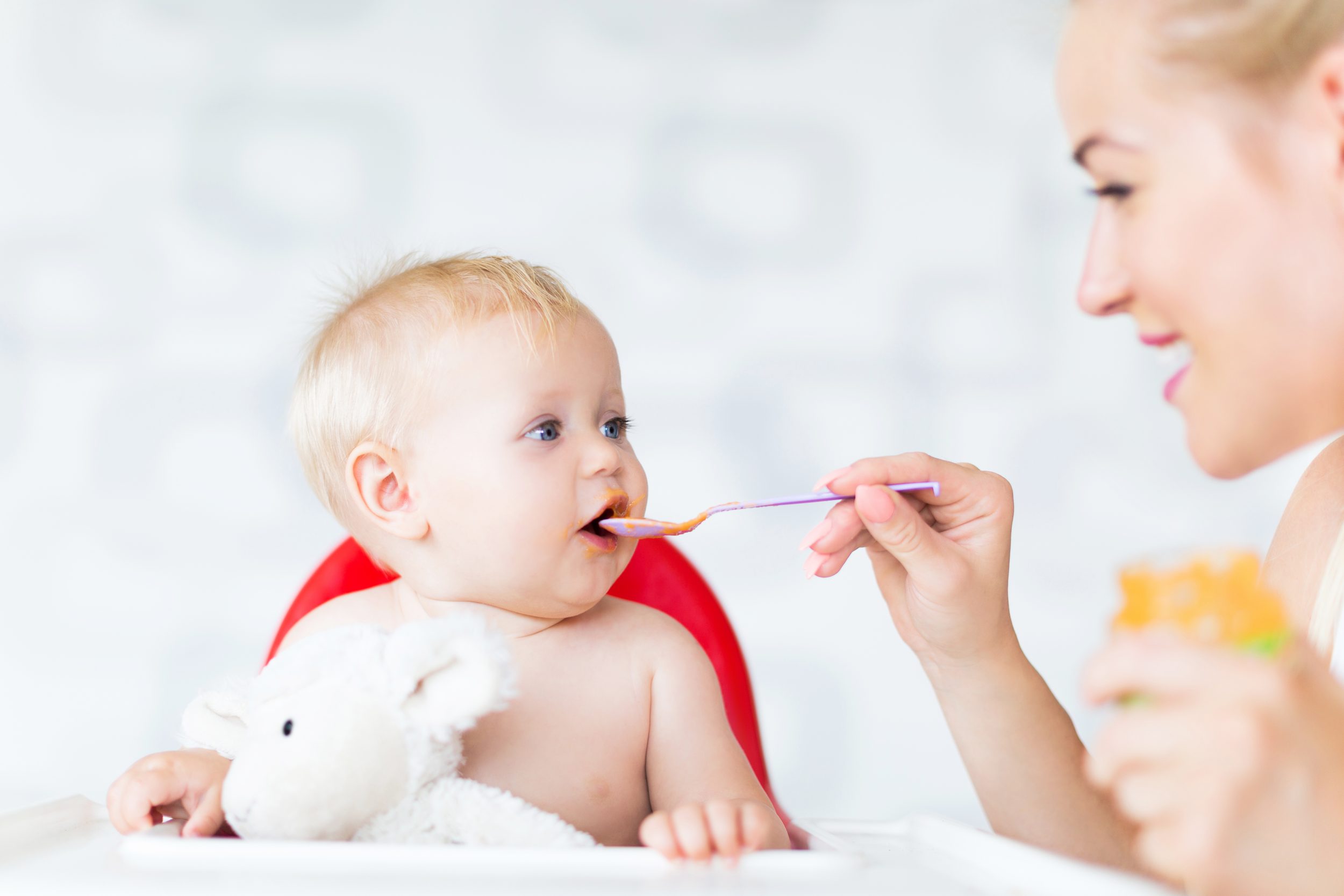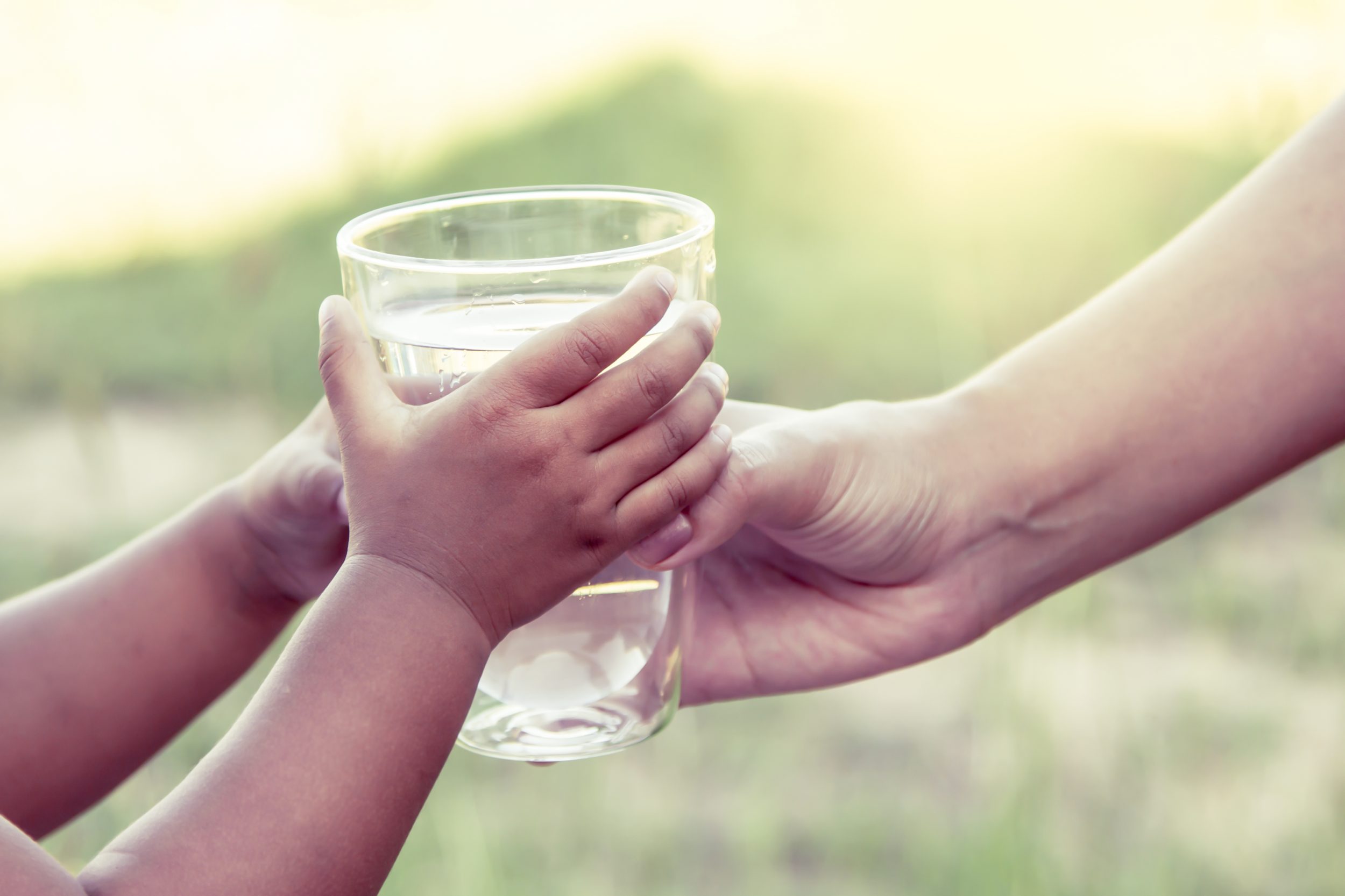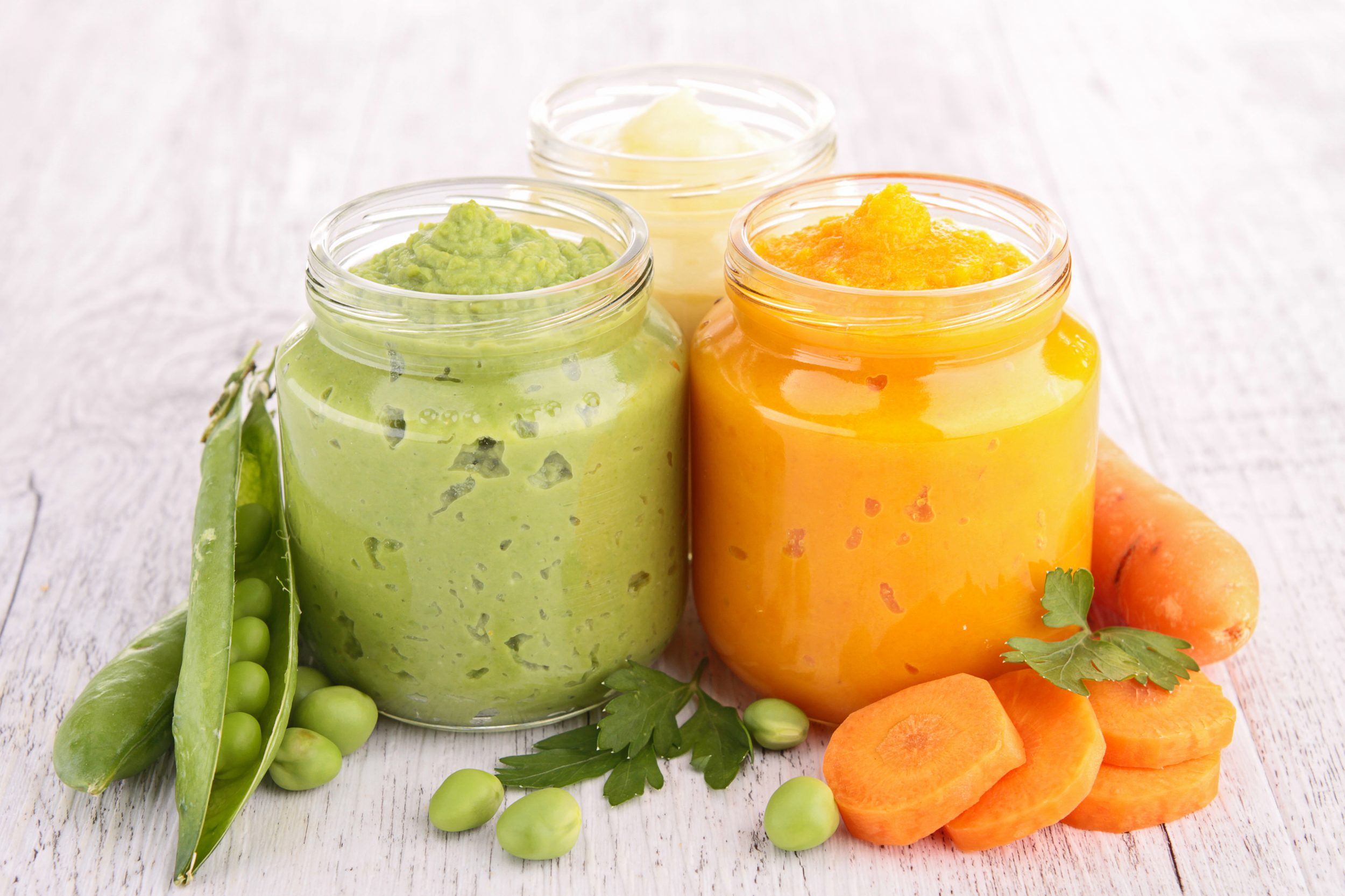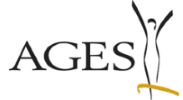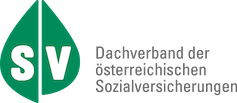„Richtig essen von Anfang an!“-Broschüren gratis bestellen
Liebe Eltern, Bezugspersonen und Interessierte! Es ist möglich unsere Broschüren über den Broschürenservice des Sozialministeriums zu bestellen. Über folgenden Link: Broschürenservice Sozialministerium oder unter der Telefonnummer +43 1 71100 - 86 25 25 können diese kostenlos bezogen werden. Diese Broschüren gibt es zum Bestellen: "Mein Baby lernt essen - Einfache Tipps für Eltern" "Jetzt ess ich mit den Großen! Richtig essen für Ein- bis Dreijährige" – deutsch "Jetzt ess ich mit den Großen! Richtig essen für Ein- bis Dreijährige" – bosnisch-kroatisch-serbisch "Jetzt ess ich mit den Großen! Richtig essen für Ein- bis Dreijährige" – türkisch "Jetzt koch ich ...
Healthy eating for babies
In the first few months of life, breast milk is the best food. If breastfeeding is not possible or only partially possible, give your child infant formula. From the 6th month of life, breast milk alone is no longer enough for the baby. It then needs additional food. This is also called "complementary food". This food is given as porridge. It depends on how your baby develops. But you should start complementary foods from the 17th week of life at the earliest. At the latest, your baby should receive complementary food from the 26th week of life. A few small spoonfuls of porridge are enough to start with. Give your baby 2 to 3 teaspoons. It must ...
Introducing solid foods
From finely pureed food to family meals. This is how it can work. Breast milk is the best food for babies. It has many advantages: it is practical, it is always at the right temperature and it is always with you. In the first year of life, babies get their nutrients almost exclusively from breast milk. If you are unable to breastfeed, there are special baby foods that also contain these nutrients. This food is also called "pre-nutrition" or infant formula. From the 6th month of life, breast milk alone is no longer enough for the baby. It needs more nutrients and more energy. Now you need to introduce your baby to complementary foods.
First drinks
If you are only breastfeeding your child, it does not normally need any additional drinks. If you give your child complementary foods, you can also offer additional liquids. Complementary food is food that the baby gets in addition to breast milk. Your child will need drinks at the latest when it is eating the same food as the other family members. This is from around 10 months. Offer your baby liquids. But it should decide for itself how much it wants to drink. Water is best. It is better not to give your baby any drinks with sugar or juices. He doesn't need them. Under no circumstances should your baby be given drinks with ...
A child’s development
Don't forget: Every child is different. This text is only intended to provide an overview. Physical skills You need to support your baby's head. Eating skills The baby knows how to suck, swallow and breathe correctly when breastfeeding or drinking from a bottle. A baby gives these signals when it is hungry or full The baby cries when it is hungry. The baby looks at the carer and is amazed. It opens its mouth during feeding. The baby gives clear signs when it wants to continue drinking. When the baby is full, it refuses the nipple or the bottle. It listens ...
Buying baby food in jars
You can cook the porridge for your baby yourself or buy it ready-made. Do what works best for you and what suits your day. Both options have advantages and disadvantages. Recipes for porridge You can find a video here. In the video you will learn what you should look out for when buying baby food in jars. "Checklist of complementary food products" folderThe "Checklist of complementary food products" folder is intended to support the people who buy food for the baby. These are usually parents or close relatives. The folder contains tips on which products are suitable for complementary foods. In the folder you will find ...


